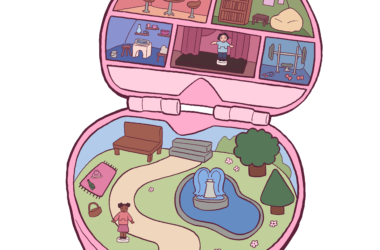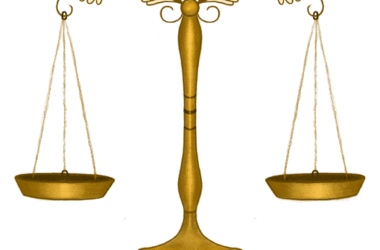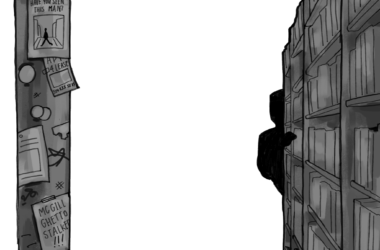It’s likely that the average McGill student reads more words per day off of a computer screen than from in his or her books. Material for essays, labs and other class work are readily available on a number of databases – the most useful of which are even paid for by McGill. Online dictionaries, e-mail, Wikipedia; even WebCT Vista has become an outlet for additional research sources.
Why, then, is it taking so long for the novel to also make this digital transition? When the e-book trend finally flourishes on the Internet (‘when’ not ‘if’: online novels are already easily available and quite common) members of the literary community will tremble at the threatening idea that the form of the novel as we know it could be destroyed by such novel textual formats.
Fortunately, experts believe that the answer to this fateful question is a loud and resounding: “Of course not.” The industry’s face will, however, be forced to expand, and, ready or not, authors will eventually be forced to jump on the e-publishing bandwagon – or perish.
Don’t Panic: Same words, different cover
Anyone who has read (or seen the less impressive, recent film version) of Hitchhiker’s Guide to the Galaxy can easily picture the so-called e-book of the future: a handheld blackberry-esque device that flips through entire novels at the touch of a screen, eliminating the need for the “softcover book” entirely. The effects of producing such a gadget would, in reality, be far less severe than most would imagine. Although downloadable movies, purchased DVDs and cinemas provide identical material, separate – and thriving – markets for each still exist. Audiences may choose to watch a movie in a cinema, on a television screen and from a computer screen; each medium is different and will inevitably offer distinct advantages. There is room for many different vehicles to co-exist in the entertainment industry.
When the radio was invented, musicians were convinced that it would kill music; playing music on air seemed, at the time, a mass act of piracy. Playing free songs to the mass public was admittedly a rather extraordinary idea and many musicians refused to embrace it right away. Those that immediately acknowledged the significance and inevitability of this new medium, however, ended up seeing huge commercial successes.
The fact of the matter is that the film and music industries have survived and continue to adapt to new, Internet-based technologies. Once more and more libraries are uploaded onto the Internet, the novel will face a similar fate. The authors that accept and take advantage of this unavoidable literary transition will likely benefit. Those that do not, may disap pear into literary oblivion.
Video killed the radio star?
Cory Doctorow is an award-winning Canadian science fiction writer who offers his books in their entirety as free downloads on his Web site. While such actions have generated screams from within the literary community, doing so has become an extremely successful business venture for Doctorow. Putting his texts online for free did not affect his book sales and in the end, even increased them. In his essay, “Ebooks Neither E Nor Books,” Doctorow claims that digital and print editions are “intensely complimentary”; he insists acquiring one will increase the need for the other. While admitting that free downloading may displace the occasional sale, the vast majority of book downloaders will read some of the novel – testing it out – and then decide to buy it. One of his novels, Down and Out in the Magic Kingdom, was downloaded more than half a million times and subsequently went through five print editions.
Doctorow stresses the case of developing areass in his argument supporting free e-book downloading. These nations account for one of the largest groups of e-piracy on the Internet. Since the per-capita GDP in most of these places is less than $1 per day, a commercial market for books barely exists, and instituting strict piracy laws for such a group is futile. However, as the Internet in its current form could never realistically isolate its content by geographical audience, many authors remain justifiably worried about continuing to make a living off of their work. Like musicians, whose CD sales are affected by the availability of music downloads, Doctorow suggests that authors may one day make their living off of touring, signing and speaking about their work.
Happy Endings
There is no doubt that e-books are more convenient and cost-efficient then the printed novel. As Wikipedia has demonstrated, the ability to update or correct an electronic text immediately is invaluable. To do so in a printed text requires going through a second edition or inserting a costly “erratum” slip. While the efficiency of an e-book is undeniable, there are some disadvantages to online publishing. Electronic publishing – especially for those outside of university gates – requires access to relatively advanced technology on the part of both the consumer and producer. Furthermore, an e-book (portable or not) requires a greater amount of energy in its use than the traditional book, both in consumption and for the reader. The importance of aesthetic appeal is also something that should not be underemphasized; some people will always prefer the look and smell of a book. Admit it: our shelves would look rather dismal without them.








